Recently some camp counselors shared what they’ve learned on the job and I’d like to highlight two important concepts they talked about. Think of this as your basic introduction to camp counselor skills and also how important professional development is to your overall future:
1. Time management
High school students often focus on preparing for college by earning acceptable grades and participating in additional activities. While these strategies are essential to the process, students too often rely on parents/care givers for structure and reminders and fail to understand that managing time is one of the most important skill required for college success. Across the United States, students with ability and good intentions often struggle in college, just because they have not learned to schedule assignments, work, reading and most importantly the time they spend having fun or relaxing.

In contrast, one past camp counselor explains, “time management is crucial at camp,” and even if you are familiar with regimented schedules, “a camp counselor is responsible for keeping others in line with the daily schedule.” So the job requires not only learning to manage time personally, but also for large groups and that becomes a skill counselors develop. Camp counselors also “learn to be disciplinarians in strategic ways.” These skills are essential and applicable to keeping an undergraduate student motivated to complete assignments and participate in college activities. So, since professional experience at camp requires “all counselors to be responsible,” and to “learn to be accountable for personal actions as well as those of others,” camp counselors benefit in multiple ways.
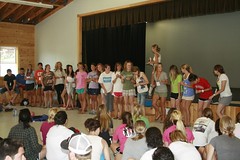
Working as a camp counselor is also the perfect component to rounding out a year of personal and professional growth by managing the time between semesters! As students mature and move into the realm of adulthood, they often have to face the reality that they are not completely self sufficient.
2. Independence and freedom
Once a young adult goes to college, no matter how much they miss home or home cooking, they are changed forever! One past camp counselor puts it this way, “After my first undergraduate winter break back home I decided I didn’t want to return home for three months during summer. College gave me independence/freedom from parental supervision, and I wanted to continue the experience through summer employment.”
So, as you can see, being a camp counselor is a great fit for young adults who expect to do more than the minimum. Since campers often want to prolong their time at summer camp, they can also take it to the next level as counselors. After repeat summers a few even go on to fill additional camp staff positions before making their mark in other careers!
What’s your plan for personal growth next summer? Do you see “camp counselor” in your future?
Deborah-Eve

Thanks for the image Michel Filion.

 570-798-9831
570-798-9831
 According to American Camp Association
According to American Camp Association Smith says that summer camp provides a unique learning experience for college students since “a camp job offers real life experiences and a hands-on education that simply cannot be found in a classroom.” If you’re looking for a way to earn money and also develop and grow as a person, summer camp is a place where children and adults come together to form a unique community. It’s
Smith says that summer camp provides a unique learning experience for college students since “a camp job offers real life experiences and a hands-on education that simply cannot be found in a classroom.” If you’re looking for a way to earn money and also develop and grow as a person, summer camp is a place where children and adults come together to form a unique community. It’s  How would you describe the essential elements of a summer camp? Do the adventures of spending days with peers, learning new skills, trying new activities, bonfires and skits, great counselors—all the fun of the whole experience—first come to mind? These are definitely important elements of summer camp from a camper’s perspective, but there are a lot of other elements that have to be in place for a camp to be successful year after year. Have you ever wondered about what it takes to set the scene and create spaces where good times can take place?
How would you describe the essential elements of a summer camp? Do the adventures of spending days with peers, learning new skills, trying new activities, bonfires and skits, great counselors—all the fun of the whole experience—first come to mind? These are definitely important elements of summer camp from a camper’s perspective, but there are a lot of other elements that have to be in place for a camp to be successful year after year. Have you ever wondered about what it takes to set the scene and create spaces where good times can take place?

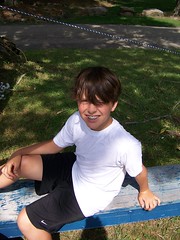 Nicolas had mostly attended an international school and studied English in Switzerland, so his communication skills were well developed and he felt comfortable with the prospect of adjusting to a new culture. He had also previously visited the United States and after switching to Swiss school last year, his mother wanted him to retain his fluency in English, learn about American culture first hand, and make American friends. Christine says there are a number of American camps that promote their programs in Switzerland but she avoided their outreach since she “did not want to send Nicolas to the United States just to meet other French guys!!!”
Nicolas had mostly attended an international school and studied English in Switzerland, so his communication skills were well developed and he felt comfortable with the prospect of adjusting to a new culture. He had also previously visited the United States and after switching to Swiss school last year, his mother wanted him to retain his fluency in English, learn about American culture first hand, and make American friends. Christine says there are a number of American camps that promote their programs in Switzerland but she avoided their outreach since she “did not want to send Nicolas to the United States just to meet other French guys!!!”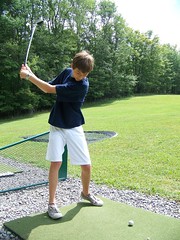
 It certainly is a good time to thinking about gratitude. Just following Thanksgiving, we just returned from our trip to the grandparent’s house, finished making our list of yearly ‘thankfuls’, and enjoyed spending some extra time with those most important to us. Thankfully, even the media gets into the action as well.
It certainly is a good time to thinking about gratitude. Just following Thanksgiving, we just returned from our trip to the grandparent’s house, finished making our list of yearly ‘thankfuls’, and enjoyed spending some extra time with those most important to us. Thankfully, even the media gets into the action as well.

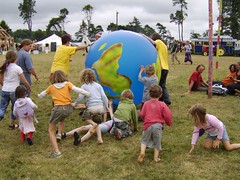
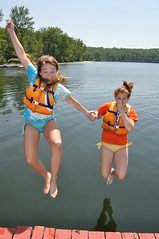 Of course, the
Of course, the 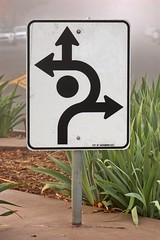 Starting this summer, Camp Weequahic is moving to an individual choice based program where campers can design and create their own fun summer experience. Prior to camp, campers and parents will complete an on-line program selection form where they will have the opportunity to list 8 to 10 of their favorite activities they want to enjoy throughout the summer. These choices are called “Excel” Periods. Once the Weequahic programming team receives this information, they will build a program especially for you! To round out each program day, each camper will then get to choose 2 ‘Explore” periods a day once they are at camp. The Explore periods are age- and developmentally appropriate activities. These “spontaneous” choices are activities a camper may like to try once or twice…instead of being “focused” on that program for their entire stay at camp. These daily choices can be anything in the Weequahic menu of activities and change daily such as climbing, play practice, guitar, baseball instruction, cooking and so on. Try one or try ’em all during these speical “Explore” periods! There are tons of daily activities to choose from.
Starting this summer, Camp Weequahic is moving to an individual choice based program where campers can design and create their own fun summer experience. Prior to camp, campers and parents will complete an on-line program selection form where they will have the opportunity to list 8 to 10 of their favorite activities they want to enjoy throughout the summer. These choices are called “Excel” Periods. Once the Weequahic programming team receives this information, they will build a program especially for you! To round out each program day, each camper will then get to choose 2 ‘Explore” periods a day once they are at camp. The Explore periods are age- and developmentally appropriate activities. These “spontaneous” choices are activities a camper may like to try once or twice…instead of being “focused” on that program for their entire stay at camp. These daily choices can be anything in the Weequahic menu of activities and change daily such as climbing, play practice, guitar, baseball instruction, cooking and so on. Try one or try ’em all during these speical “Explore” periods! There are tons of daily activities to choose from.
 The official end of summer has passed and kids all over the nation are back at school and I can easily imagine the hallways are still bursting over with stories of summer camp and all of its amazing experiences. Let me tell you about College Days! The fireworks over the lake on the last night! I so miss my camp friends…
The official end of summer has passed and kids all over the nation are back at school and I can easily imagine the hallways are still bursting over with stories of summer camp and all of its amazing experiences. Let me tell you about College Days! The fireworks over the lake on the last night! I so miss my camp friends…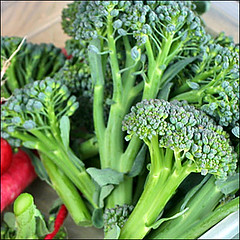




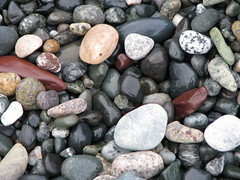 Louv discovered that
Louv discovered that 